The Sub-Saharan Africa Skills and Apprenticeship Stakeholders Network (SASASNET), in collaboration with Nigeria’s National Board for Technical Education (NBTE), has launched a five-day Train-the-Trainer workshop on the Recognition of Prior Learning (RPL). The training, funded by the Tertiary Education Trust Fund (TETFUND), is taking place from April 14–18, 2025, at the Chelsca Hotel in Abuja.
The workshop has drawn 31 participants, including policymakers, trainers, and quality assurance managers from across Nigeria. The attendees represent key stakeholders from federal ministries, departments, and agencies (MDAs), awarding and professional bodies, federal and state technical universities and polytechnics, as well as public and private Technical and Vocational Education and Training (TVET) institutions.
The initiative is designed to equip trainers with the skills and methodologies required to assess and certify individuals based on their prior learning experiences—aligning with the National Qualifications Framework (NQF).
Hon. Ousman Sillah, Secretary General of SASASNET, is attending the workshop as Rapporteur General and facilitator. He emphasized that the training is a model for other African countries and aligns with SASASNET’s goal of building a pool of resource persons to drive skills development.
“This capacity-building initiative aims to recognize competencies within the informal sector, which is key to tackling poverty, unemployment, and advancing sustainable development,” Sillah stated.
The training is being facilitated by two internationally certified RPL experts: Dr. Kaylash Allgoo, SASASNET’s Country Focal Person for Mauritius and an education consultant with over 30 years of experience, and Architect Nyamai Wambua, Deputy Country Focal Person for Kenya and CEO of the Kenya National Federation of Jua Kali.
In his opening remarks, Prof. Idris Muhammad Bugaje, Executive Secretary of NBTE and the founding Continental Chairperson of SASASNET, described RPL as “a low-hanging fruit” for Nigeria’s workforce, noting that 75% of Nigeria’s workforce operates in the informal economy— a figure even higher in other African countries.
Prof. Bugaje stressed the importance of formalizing skills in the informal sector, enabling skilled individuals to receive proper certification and recognition. He praised the Federal Ministry of Education for its commitment to revitalizing TVET and called for continued investment to reverse the “broken window syndrome” that has long plagued the sector.
He also challenged Nigerian states to build local brands for their products to reach international markets, noting that Rwanda is currently the only African country producing phones at scale, even though Nigeria has comparable tech expertise.
Representing the Minister of Education, Mrs. Nabila Muhamed, Technical Assistant to the Minister, welcomed participants and underscored the government’s commitment to formalizing the informal sector and revolutionizing skills development in Nigeria.
Dr. Allgoo, who once served as CEO of the Mauritius Qualifications Authority, shared insights on how Mauritius successfully integrated its National Qualifications Framework and implemented RPL to recognize informal skills. He emphasized that Nigeria and other African nations can replicate this success with the right commitment and collaboration.
The workshop marks a significant step in promoting inclusive, skills-based education systems in Africa and highlights the potential of RPL as a tool for empowering individuals and supporting national development.























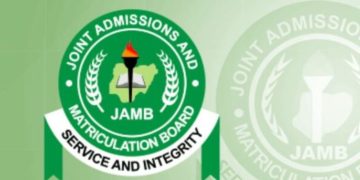
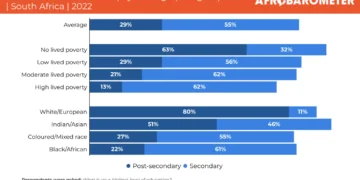

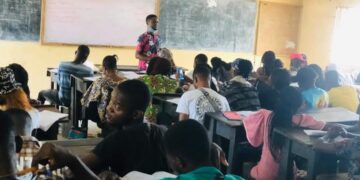
























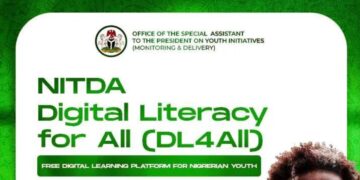












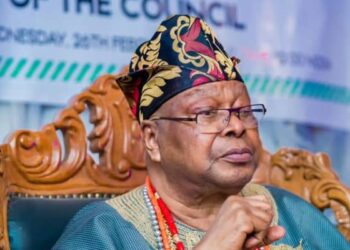
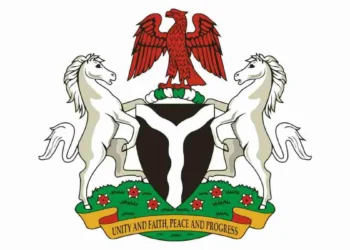

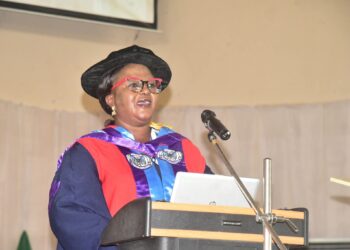

 EduTimes Africa, a product of Education Times Africa, is a magazine publication that aims to lend its support to close the yawning gap in Africa's educational development.
EduTimes Africa, a product of Education Times Africa, is a magazine publication that aims to lend its support to close the yawning gap in Africa's educational development.

